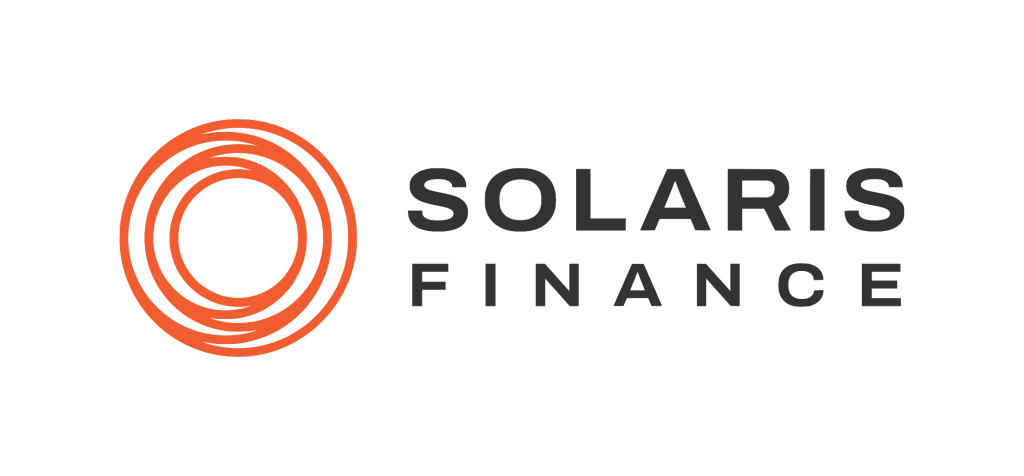Table of Contents
Introduction
In today’s digital marketplace, “get 3 quotes” websites have become present across virtually every industry. From home renovations to insurance, these comparison platforms promise consumers an easy way to shop around and find the best deal with minimal effort. The solar industry is no exception, with dedicated platforms dominating the market.
As someone who has worked in the solar industry for years, I’ve observed firsthand how these platforms operate behind the scenes. While they offer undeniable conveniences, there are also significant trade-offs that consumers should understand before submitting their information. This article aims to provide a balanced, insider perspective on the pros and cons of solar quote comparison sites and help you determine whether they’re truly worth your time.
Key Players in the Solar Quote Comparison Market
Before diving into the pros and cons, it’s worth understanding who the biggest players are:
- SolarQuotes.com.au – The founder, Finn, is one of the pioneers in the Australian solar industry. Solar Quotes was recently acquired by Origin Energy, showing it’s value as a business.
- SolarChoice.net.au – With the most detailed pricing data on the web, Solar Choice gives consumers access to incredible insights before they even request a quote.
- SolarCalculator.com.au – Rather than just SEO optimised articles, Solar Calculator has designed some of the best tools you can use to understand your solar investment.
- EnergyMatters.com.au – Much bigger than just helping you get three quotes. Energy Matters is a media company focused on pushing Australia to net-zero. They even have a tv show on Channel 9.
Each of these platforms operates on the same fundamental business model: they collect consumer information and distribute it to partnered installers for a fee.
On these platforms, for a residential solar lead, installers pay approximately $150 (though this can vary based on location and system size). This means quoting websites make $450 every time you fill in their form.
The Consumer Perspective: Pros and Cons
Pros for Consumers
1. Convenience and Simplified Comparison
Let’s face it: researching solar installers individually, calling each one, and scheduling multiple consultations would take days of effort. Quote comparison sites streamline this process into a simple form that takes minutes to complete. They typically standardise quote formats, making it easier to compare offers side-by-side rather than trying to reconcile differently structured quotes from individual companies.
2. Market Visibility and Access to Multiple Options
For consumers unfamiliar with solar pricing, these platforms provide a quick snapshot of the current market. This baseline knowledge helps prevent you from overpaying significantly and gives you a starting point for negotiations. Without these platforms, many consumers would likely only contact one installer before making a decision. Quote sites ensure you’re exposed to at least several options, potentially including companies you might not have discovered otherwise.
Cons for Consumers
1. Hidden Installer Bias and Preferential Treatment
When you submit your information to a quote comparison site, you might assume you’re getting matched with the three most suitable installers for your needs. In reality, you’re often getting connected with installers who have better commercial relationships with the platform.
Installers who purchase a large volume of residential leads from these platforms are often rewarded with preferential treatment including access to the more valuable leads. This is particularly notable in the commercial solar space, where leads are scarcer and systems are larger (and thus more profitable). Based on industry conversations (though this is anecdotal), quote sites often reserve these premium commercial leads for their highest-volume residential customers.
This built-in bias means you might not see truly the best options for your specific situation, but rather the installers with the strongest financial relationships with the platform.
2. Quality Compromises Due to Economic Pressure
As mentioned earlier, the typical rate for a lead is approximately $150. With industry average conversion rates hovering around 5%, this creates a mathematical challenge:
- $150 per lead
- 5% conversion rate (industry average)
- = $3,000 cost per customer acquisition
On a $6,000 solar system installation, that leaves just $3,000 to cover equipment, labor, overhead, warranty provisions, and profit.
This economic reality creates immense pressure to cut corners on components, installation quality, or after-sale service to remain profitable.
When installers are operating on razor-thin margins, their ability to honour long-term warranties becomes questionable. Solar systems are meant to last 25+ years, but if your installer has minimal profit margin to set aside for future warranty claims, you might find yourself without support when issues arise years down the line.
3. Privacy Concerns and Marketing Pressure
It’s important to remember that from the quoting websites perspective, you are not the customer, you are the product. Once your contact information enters these systems, it often remains in marketing databases for years. Many consumers report receiving continued sales calls and emails long after their initial inquiry. Some less trustworthy sites also share your information with more than the advertised three installers, especially if the initial companies don’t follow up quickly.
Impact on the Broader Solar Market
The economics of quote comparison platforms have significant ripple effects that ultimately impact consumers:
Race to the Bottom on Pricing
When multiple installers are directly competing on the same platform, price often becomes the primary differentiator. This downward pressure forces companies to either compress their margins (risking long-term viability) or find ways to reduce costs (potentially compromising quality). The end result for consumers is often lower initial prices but higher risks of quality issues or installer bankruptcy.
Market Concentration Effects
Quote comparison platforms effectively function as gatekeepers, controlling access to a significant portion of consumers entering the solar market. This concentrates market power in the hands of a few platform owners rather than distributed across the industry, potentially limiting consumer choice in the long run.
The Dangerous Shift: Solar as a Commodity, Not an Investment
By emphasising price comparisons, these platforms have shifted consumer expectations toward viewing solar primarily as a commodity rather than a long-term infrastructure investment where quality, reliability, and service should be primary considerations. This fundamental mischaracterisation of what solar truly is a complex home infrastructure system designed to last decades leads consumers to make decisions based on initial price rather than lifetime value.
Finding Balance: Getting Value from Quote Sites
Despite the concerns outlined above, quote comparison sites can still provide value if approached strategically. Here’s how to use these platforms effectively while avoiding the pitfalls:
Use as a Starting Point, Not the Final Decision
Consider the quotes you receive as a starting point for further research rather than the end of your journey. As much as quoting companies would hate me saying this, use the service to kick a few tyres before actually committing to a purchase.
Consider Direct Approaches to Installers
Once you’ve used comparison sites to understand market pricing and options, consider approaching well-reviewed local installers directly. While you may still revert back to one of the installers that was introduced to you, you might find better value and more personalised service from companies that don’t rely on these platforms for their customer acquisition.
Look Beyond the Initial Price
The quoted price is just one factor in your solar decision. Ask detailed questions about:
- Panel and inverter brands and models (not just “tier 1” claims)
- Installer certification and experience
- Warranty terms and the financial stability of the company backing them
- Post-installation support processes
Conclusion: An Insider's Recommendation
Quote comparison sites do serve a purpose in the solar marketplace, providing convenience and basic price guidance for consumers. However, the economic realities of their business model create inherent challenges that can work against both consumers and quality-focused installers.
As an industry insider, my recommendation is to use these platforms as just one tool in your research process rather than your sole resource. The best approach combines the convenience of quote sites with independent research, direct installer contact, and careful attention to quality indicators beyond price.
Remember that solar is a decades-long investment in your home’s infrastructure. The few hours of additional research beyond quote comparison sites could save you thousands in repair costs and lost production over the life of your system. Your future self will thank you for the extra diligence today.




